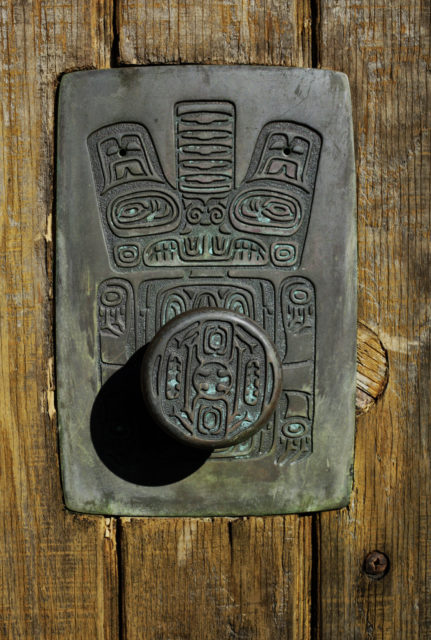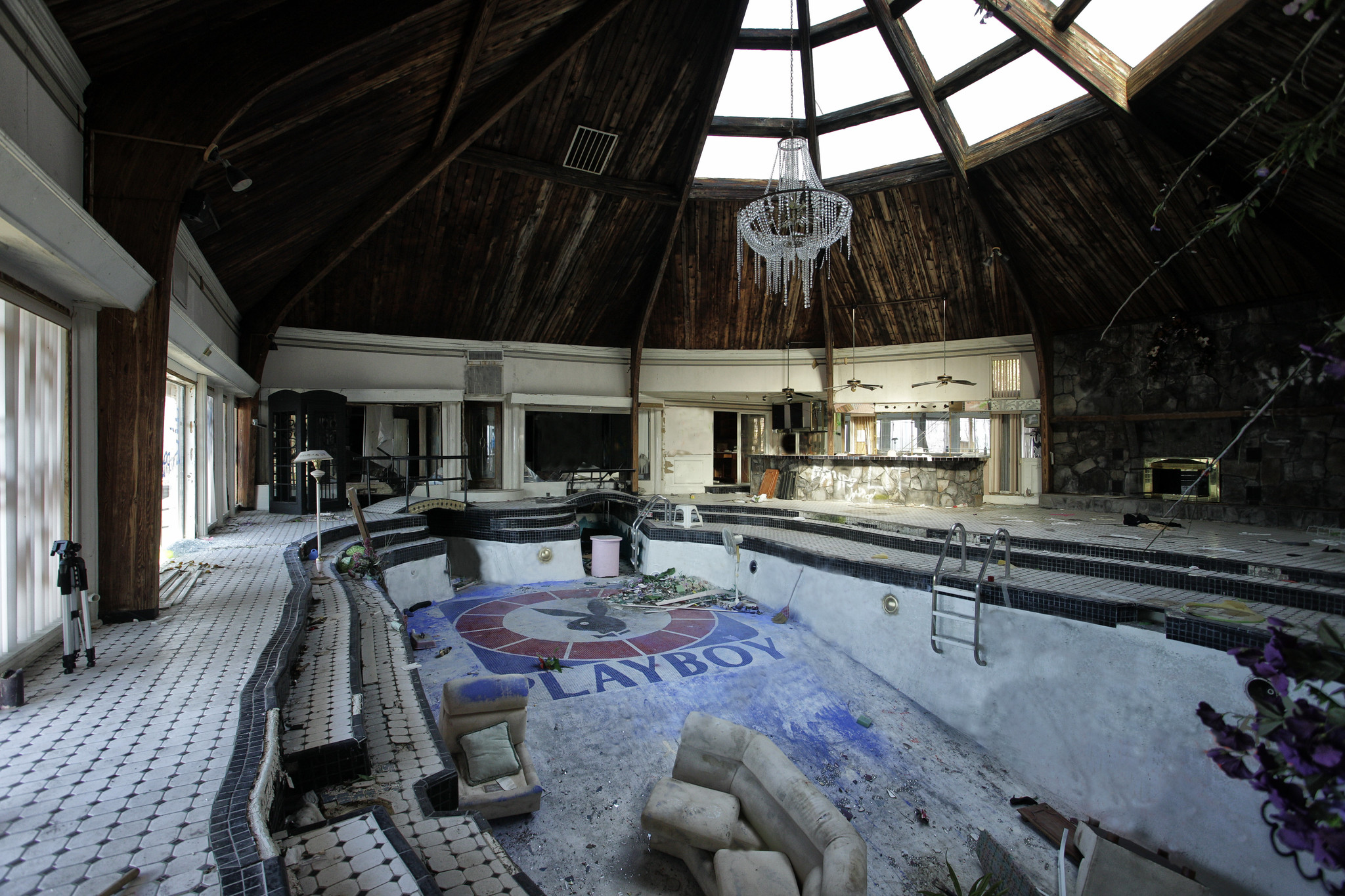In Chattanooga, Tennessee, the Swinger’s Tiki Palace had a sinister and seedy history before it was demolished in 2017.
The Tiki Palace was supposed to be a dream home for its owner, Bill Hull. He was the owner of two strip clubs, The Castaways Club and Lion’s Den, located next to each other. Hull had his eye on Mission Ridge, overlooking the city, as a perfect spot for his dream home and party venue.
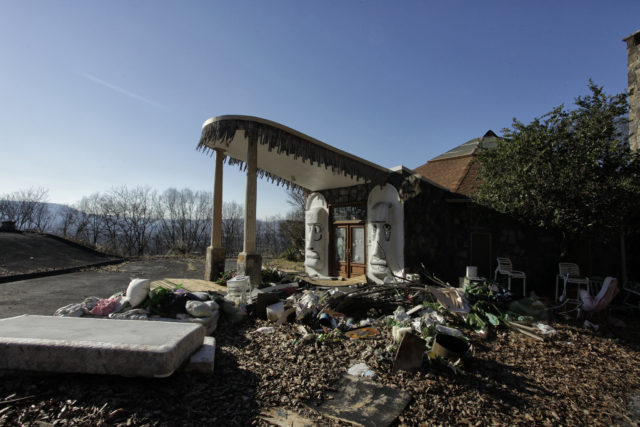
In 1969, Bill Hull hired architect Ed Ball to design Tiki Palace. The architect spent two years planning the most fantastic house in Chattanooga. Construction took 14 months. Finally, when the house was ready in 1972, about 10,000 people attended its open day.
The building measured 5,600 square feet. Inside there were three bedrooms and four bathrooms. Each bedroom was of a modest size, and the master bedroom had an intercom as well as a TV displaying closed-circuit images of the pool area.
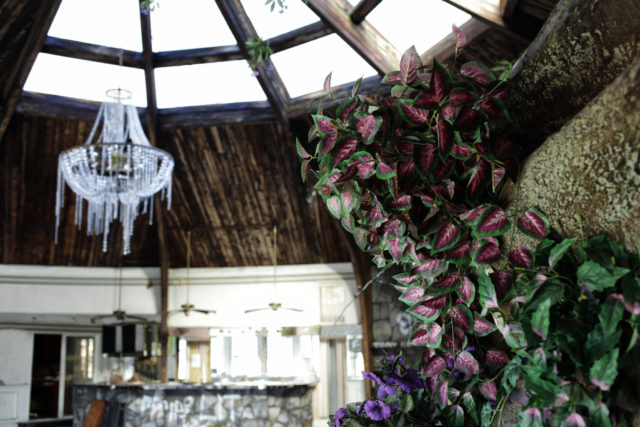
The house became famous for its unique Playboy-style swimming pool, which was located in the main living area just beyond the front entrance. It is was thanks to the pool that Tiki Palace was featured in the trade publication Electricity in Building Magazine.
The pool measured 20 feet by 40 feet and was 12 feet deep with a diving board at one end. The surrounding area was equipped with electric heating and separate humidity controllers. Live palm trees were planted around it to give the whole place a tropical feel. As a final, flamboyant touch, a large chandelier was suspended from the ceiling.
One particularly bizarre feature was that the pool had swimming tunnels that led to the house’s bedrooms, which were separated from the pool area by large, tinted glass windows. Since the pool was in the shape of the Playboy bunny logo, the two ears acted as tunnels that disappeared into the bedrooms beyond.
Next to the pool, visitors would find a seating area with a fireplace and a bar, as well as an artificial rock waterfall. The walls of this room were covered with bamboo, palm mats, and animal heads from all over the world.
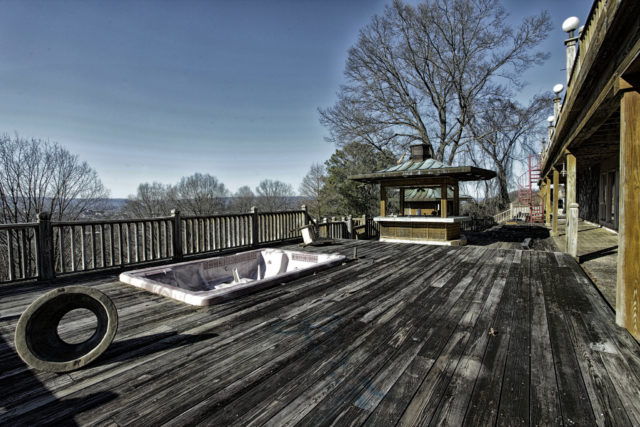
Marble could be found throughout Tiki Palace: the corridors and bathrooms were completely covered in it, and the living room at the back of the house boasted a marble bar as well as mirrored walls leading to a patio area. The courtyard contained a jacuzzi that could accommodate 12 people, an open bar, and a large sauna.
Hull had great hopes for this large, beautiful building, but he didn’t get to enjoy it for long. In the spring of 1973, Hull was found guilty of paying his friend, Larry Parker, to shoot his wife’s lover as he was leaving a rival club. The court proceedings lasted four years and ended with Hull being sentenced to 20 years in prison.
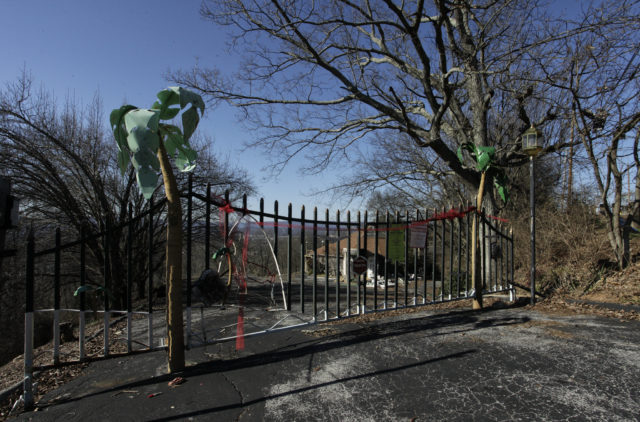
However, being in prison didn’t keep Hull out of court. In 1977, charges of corruption were brought against him, although they didn’t stick. Then, in the 1980s, Bill Hull was found guilty of evading taxes at his nightclubs and also tax evasion in relation to his grandmother’s fortune, which she had acquired through trading in contraband whiskey.
All this led to Hull’s bankruptcy. Then, in 2008, Bill Hull passed away. Various people moved into and then out of the Tiki Palace until it was left empty and abandoned. For quite some time, it remained reasonably well-preserved, but that wouldn’t last.
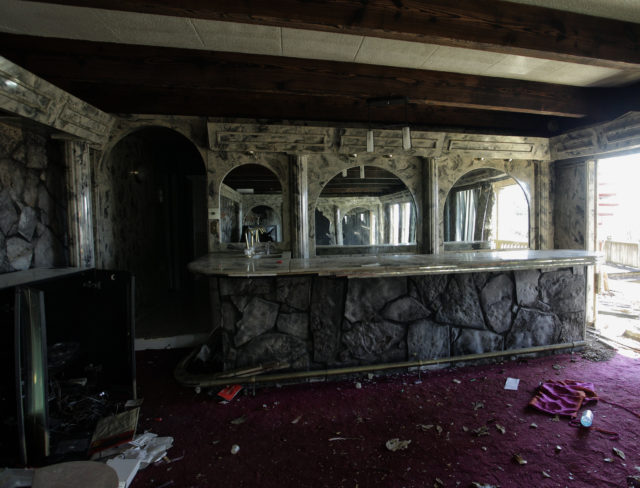
In 2014, Tiki Palace was put up for sale. Unfortunately, by the next year it had been badly vandalized. At that point, the building was confiscated by the city for unpaid taxes. However, the damage from the vandals was so severe that the property had to be demolished in September 2017.
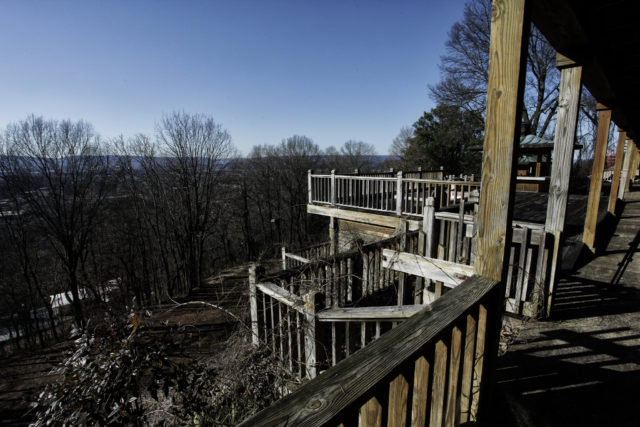
The photos were taken by Naaman Fletcher before the Tiki Palace was destroyed. He is a photographer and explorer who is based in Birmingham, Alabama. He has been documenting urban decay, industrial abandonments, and rural decomposition since 2009.
You can visit his Flickr account and check out more of his photographs, or you can go straight to his blog, where he also posts photos with descriptions.
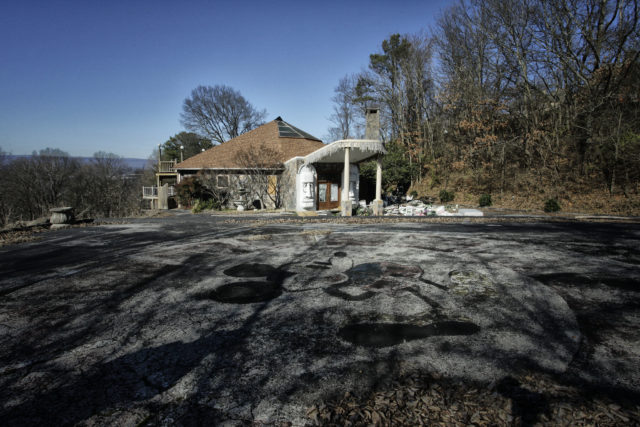
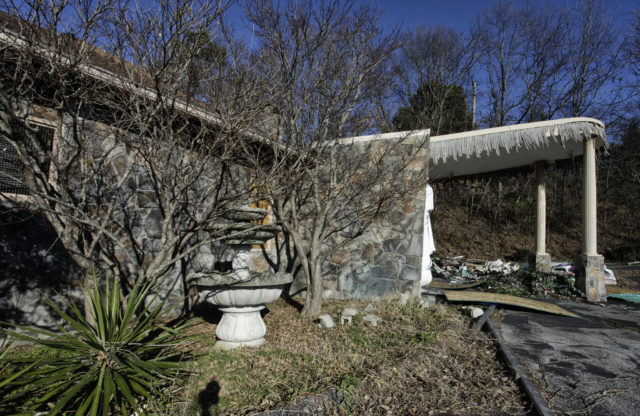
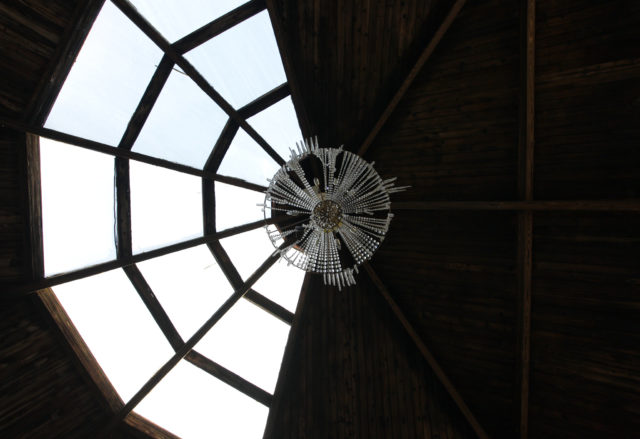
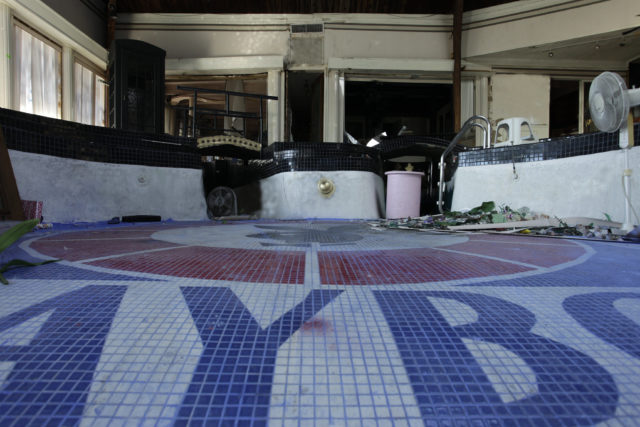
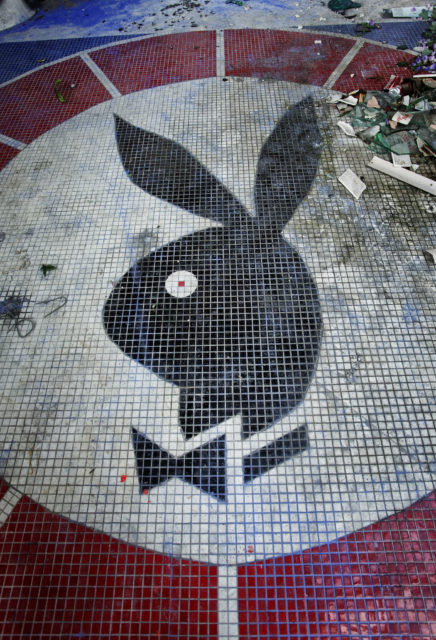
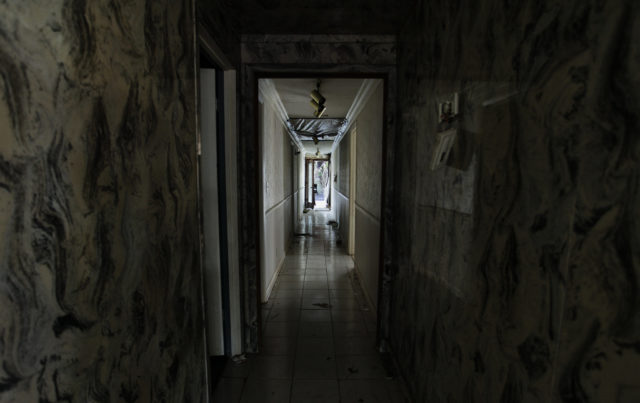
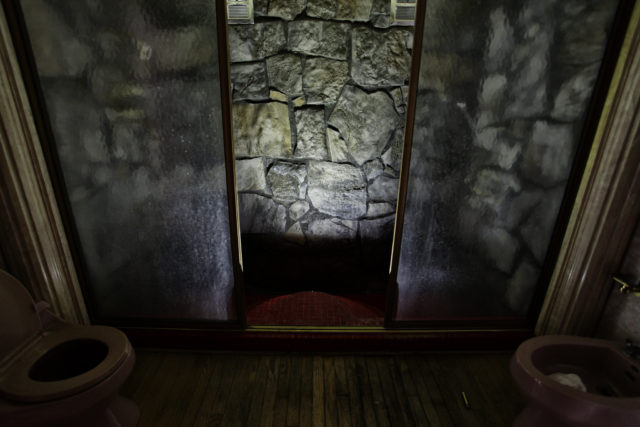
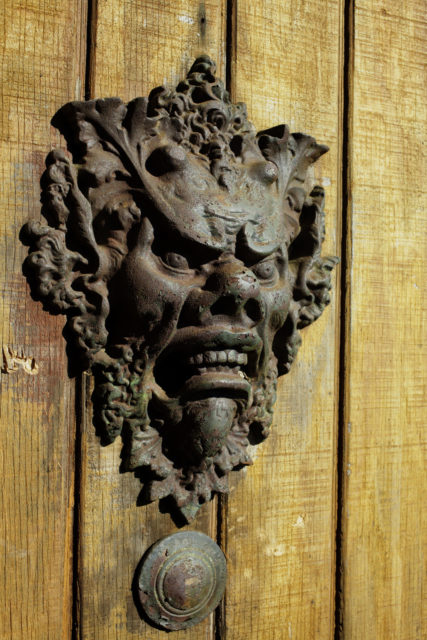
Another Article From Us: For Sale: Victorian Fort & Naval Gun Battery Yours for £5.5 Million ($7m)
